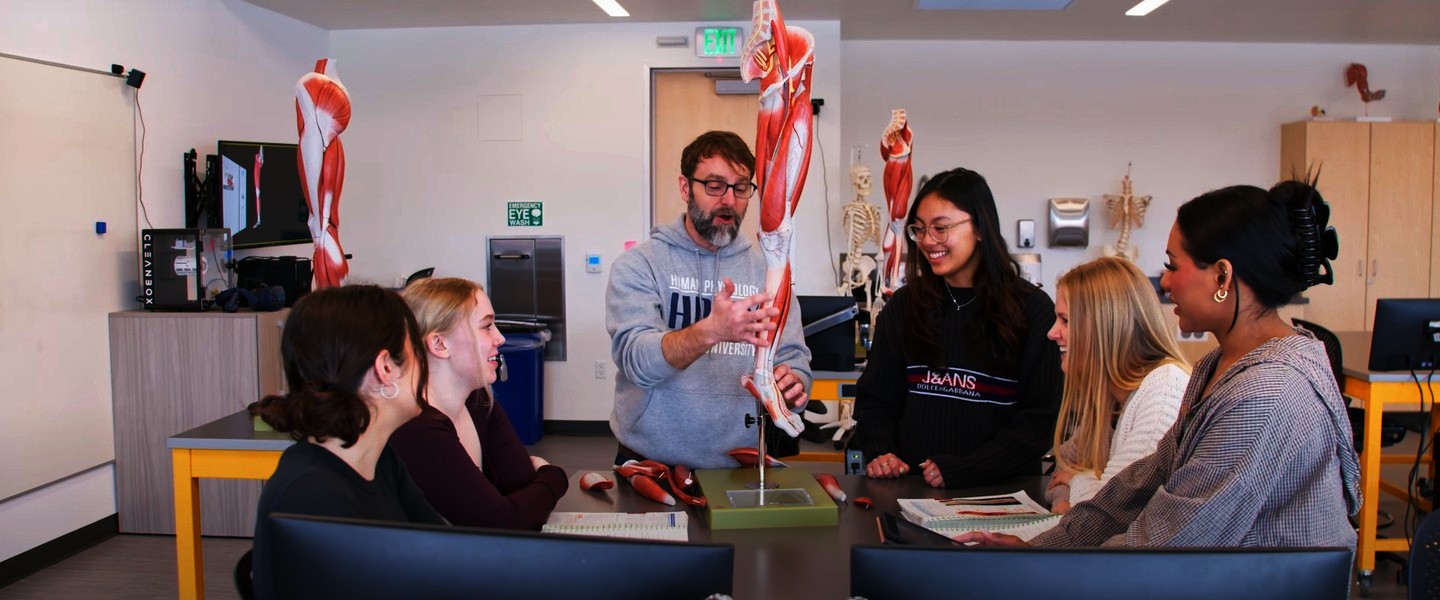About
Gonzaga’s Jesuit, Catholic, Humanistic education will challenge and inspire you.

The Health Professions Pathways Program (H3P) provides comprehensive support to students and alumni from all majors interested in pursuing graduate study and future careers in the health professions.
Admission to medical, dental, physician assistant, physical therapy, occupational therapy, and other health professions graduate programs is competitive. Schools look for candidates that have distinguished themselves inside and outside of the classroom and gained the skills necessary to be effective members of their professions.
The Health Professions Pathways Program (H3P) offers numerous resources, programs, and services including 1-on-1 appointments and workshops, covering a wide range of topics from career exploration to mock interviews. Additional support includes:


What makes Gonzaga a great choice? We offer community and academic partnerships unique to our region. We care about the whole person.

We've collected resources for current undergraduate students and GU alumni interested in health professions graduate programs.

Current faculty and staff, please login to myGU for information and resources.

Support Gonzaga University students in exploring and preparing for careers in healthcare.